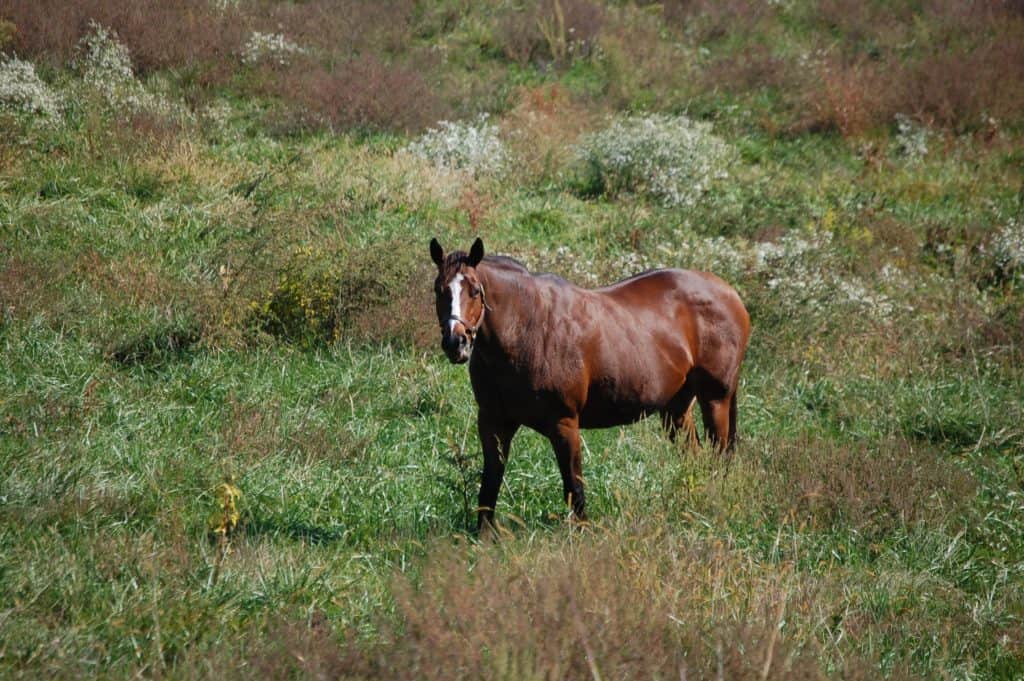
Decreased Bone Density and PPID in Horses: Is There a Link?
In recent years, veterinarians have started observing pathologic fractures, which are caused by a weak bone structure, in horses with PPID.
Information on pituitary pars intermedia dysfunction (PPID), also known as Cushing’s Disease in horses.

In recent years, veterinarians have started observing pathologic fractures, which are caused by a weak bone structure, in horses with PPID.

Results from a study on a small population of horses suggest that freezing samples for short periods before testing won’t impact the results.

Caring for the older horse can require special attention to his needs. Download this free guide to find out what health issues to watch for and how to keep your senior horse happy and healthy.

Practitioners must use clinical signs and laboratory testing to distinguish between these sometimes similar ailments.

Horses with PPID had lessened antibody titers following vaccination for rhinopneumonitis and West Nile virus.

Our nutrition expert explains how diet changes can help horses with pituitary pars intermedia dysfunction (PPID).

Years ago, vets relied on clinical signs to diagnose PPID. Find out how the disease is diagnosed now.

Researchers confirmed some suspected patterns in PPID clinical signs and identified others they considered surprising.

Drs. Erin Denney-Jones and Ann Rashmir-Raven offer advice for prolonging a Cushing’s horse’s career.

Did you know your horse could be suffering from equine Cushing’s disease long before his coat turns long and curly? Learn how to recognize subtle signs and offer your horse an early intervention for PPID.

From reducing PPID-associated muscle wasting to managing IR and obesity, here’s what to consider for your old horse.

The earlier you can detect endocrine conditions such as PPID and EMS, the better chance you have of preventing associated laminitis in affected horses.

Consider these dietary changes to help reduce the laminitis risk and discuss with your veterinarian whether certain medications could help your horse.

Do horses with PPID, EMS, and/or IR have a greater laminitis risk after receiving joint injections? Drs. Vern Dryden and Amanda Adams respond.

Learn what distinguishes PPID, EMS, and IR from each other and how to care for “metabolic” horses.

Learn more about nutrition’s role in the development and management of equine endocrine disorders and how you can reduce your horse’s risk of developing a secondary disease.
Stay on top of the most recent Horse Health news with
"*" indicates required fields